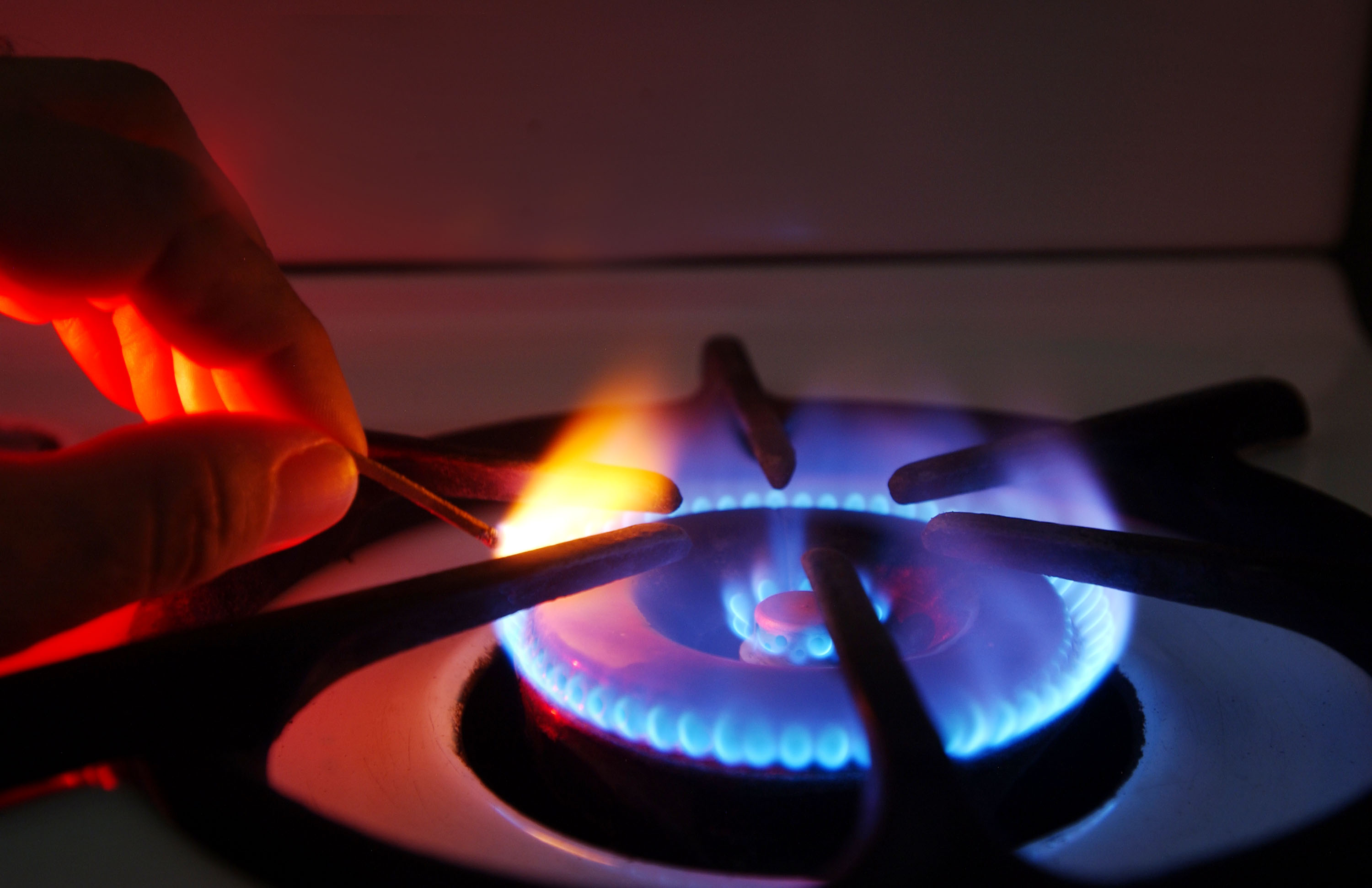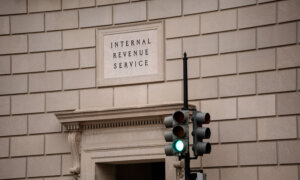The city of Berkeley, California, has agreed to halt its natural gas appliance ban in a lawsuit settlement with restaurant owners and business groups, slowing attempts by some lawmakers to crack down on natural gas as part of their climate agenda.
The California Restaurant Association (CRA) announced on March 22 that it had entered into a settlement agreement that immediately halts Berkeley’s enforcement of an ordinance banning natural gas installations in new buildings, with some exceptions.
“We are encouraged that the City of Berkeley has agreed to take steps to repeal the ordinance, including immediate nonenforcement of the ban, to remain compliant with federal energy law,“ Jot Condie, president and CEO of the CRA, said in a statement. ”Every city and county in California that has passed a similar ordinance should follow their lead.”
The CRA, which represents nearly 22,000 restaurant locations in California, sued in 2019 to block the Berkeley ban, with a district court dismissing the lawsuit.
The case ended up before the 9th U.S. Circuit Court of Appeals, which in April 2023 overturned the lower court’s decision, stipulating that banning appliances like gas stoves is preempted by a federal statute, the Energy Policy Conservation Act (EPCA), that sets national efficiency standards for many household and commercial appliances. In general, EPCA doesn’t let states set their own efficiency standards where they’ve been set federally.
“A regulation that prohibits consumers from using appliances necessarily impacts the ‘quantity of energy directly consumed by [the appliances] at point of use,’” Judge Patrick Bumatay wrote in the April 17, 2023, opinion.
“So by its plain language, EPCA preempts Berkeley’s regulation here because it prohibits the installation of necessary natural gas infrastructure on premises where covered natural gas appliances are used,” he added.
By contrast, the city of Berkeley argued that its ordinance didn’t regulate “energy use” because it banned natural gas hookups but didn’t prescribe an affirmative “quantity of energy.”
Berkeley Claims ‘Zero’ Not a ‘Quantity’
The logic put forward by Berkeley attorneys was that even though its prohibition on natural gas infrastructure reduced the energy consumed by natural gas appliances in new buildings to “zero,” the city argued that “zero” wasn’t a “quantity” and so its ban wasn’t an “energy use” regulation.
But the three-judge appeals panel unanimously disagreed, arguing that Berkeley’s argument “defies the ordinary meaning of ‘quantity.’”
“It is well accepted in ordinary usage that ‘zero’ is a ‘quantity,’” Judge Bumatay wrote.
Berkeley asked for a rehearing before the full appeals court, arguing in their petition that the smaller panel’s overturning of the natural gas ban was legally flawed.
“The panel’s invalidation of the City of Berkeley’s prohibition on natural gas infrastructure in newly constructed buildings is based upon fundamental legal errors that threaten vital health, safety, and environmental regulations throughout the [9th] Circuit,” Berkeley attorneys wrote, while calling the ruling “seriously wrong and highly consequential.”
Various groups joined by filing amicus briefs, including the Sierra Club, which argued in its brief that “buildings are major emitters of climate-destabilizing and health-harming pollution” while calling the Berkeley ordinance an “exercise of traditional police powers” that are “indispensable for achieving their climate, air quality, and health goals.”
Another conservation group, Earthjustice, said that the “good news” was that the appeals court ruling applied only to a small number of ordinances and there are still “plenty of other valid approaches to achieve electrification.”
“States and even local communities have authority over regulating utilities and can limit the use of gas in new buildings under that authority—a pathway the Ninth Circuit decision expressly leaves open,” Jan Hasselman, senior attorney with Earthjustice, said in a statement after the appeals court ruling.
“Similarly, jurisdictions can use their taxation authority to both discourage fossil fuel use and promote clean alternatives. Again, nothing in EPCA prevents that,” he added.
Ultimately, the 9th Circuit denied Berkeley’s request for a rehearing en banc, with Judge Bumatay writing in a Jan. 2, 2024, opinion that no future petitions would be entertained by the court.
“By completely prohibiting the installation of natural gas piping within newly constructed buildings, the City of Berkeley has waded into a domain preempted by Congress,” the judge wrote in the opinion, reiterating the court’s position that federal law trumps Berkeley’s natural gas ban ordinance.
Voice of Dissent
A number of appeals court judges dissented, arguing that the majority opinion misinterpreted the EPCA statute’s key terms “to have colloquial meanings instead of the technical meanings required by established canons of statutory interpretation” and therefore erroneously held that the Berkeley ban was preempted by federal law.
“The panel opinion needlessly blocks Berkeley’s effort to combat climate change,” the dissenting judges wrote. “Our system of federalism requires much more respect for state and local autonomy.”
The appeals court’s judgment halted enforcement of Berkeley’s natural gas ban and started the procedure of repealing it.
Then, on March 21, 2024, U.S. District Judge Yvonne Gonzalez Rogers entered an order pausing litigation until Sept. 10, 2024, to give Berkeley time to repeal the ordinance.
“The parties have reached a settlement in principle in which the City will repeal its Ordinance and, following the repeal, the parties will file a stipulation of dismissal,” the judge wrote, adding that Berkeley had agreed to repeal the ban but the process would take “several months” given the city’s procedures and calendar.
The settlement in principle will also take some time to finalize, the judge noted.
Mr. Condi, CEO of the CRA, hailed the decision.
“Cities must comply with the law,“ he said in a statement, adding that ”the ban was passed with a disregard for available cooking technologies and ultimately for small businesses in the community that rely on gas-burning equipment for their cuisines.”














